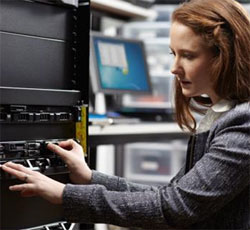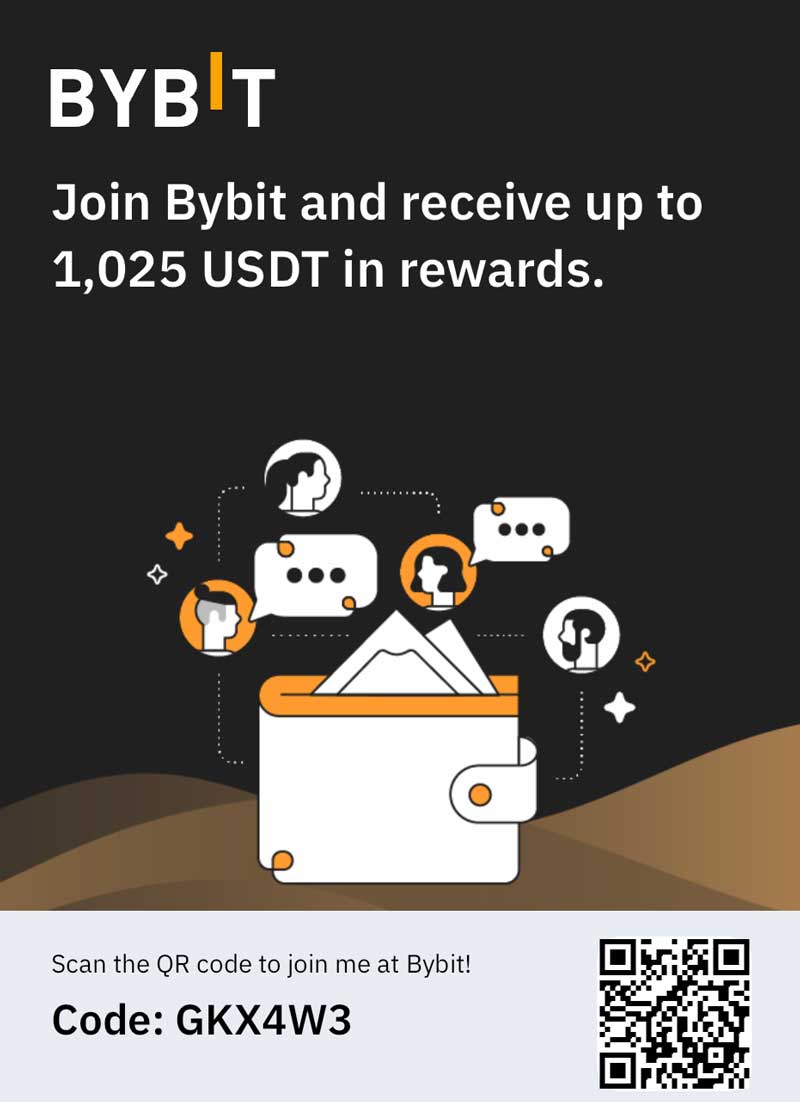Virtual desktop infrastructure (VDI) is a Virtualization procedure allowing one or multiple physical devices to access a virtualized desktop that is hosted on a remote service over the Internet. VDI functions by storing operating system preferences, software applications, documents and other customized data on a server.
It is one of the emerging solutions made possible by cloud computing. It creates a user experience that is, in theory, the same as using a traditional desktop that is functioning on its own OS and storing software, files and applications on the hard drive.
Remote Access
Since the OS, applications, software and documents all reside on the server; users can access their virtual desktop from any location that has access to the internet. All they need is a device to interface with it. Remote access is one of the major advantages of VDI. It enables employees to access business files and applications at any time and from any location.
Thin Clients
The physical devices used to access a virtual desktop are usually called “thin clients”. The term thin client typically refers to a computer that depends primarily on another computer, usually a server, to execute traditional computational roles. This means that the thin client does not need by be state of the art technology. It can be a low-end terminal that simply provides a graphical user interface for the end-user to access the virtual desktop with. The operating system is provided by the server along with virtually everything else that is needed.
Cost Savings on Hardware
The virtual desktop does all of the “heavy lifting”. Because of this, VDI enables companies to make use of older technology until the wheels fall off. This results in a tremendous savings when new hardware is no longer a continuous requirement. In some situations, smaller businesses with tight budgets can even bring older equipment out of retirement to use as thin clients during growth spurts.
BYOD
Bring your own device is an emerging trend that is being enthusiastically embraced by companies and employees. Since VDI is compatible with most devices, employees can use their own devices to do their work on. Since VDI does not create maintenance and updating of software issues, there is not a lot of friction created by allowing employees to do their work. This lowers the cost of purchasing and maintaining hardware even more and results in another huge advantage for both the company and the employee.
Centralized IT
 Another incredible advantage of VDI is that it enables the IT department to deal with all of the day to day maintenance issues from a centralized location instead of having to run around fixing problems on all of the independent computers. This makes things so much more manageable for an IT department. VDI enables IT departments to set up devices in minutes instead of hours, it greatly reduces tech support issues and associated costs and increase data security.
Another incredible advantage of VDI is that it enables the IT department to deal with all of the day to day maintenance issues from a centralized location instead of having to run around fixing problems on all of the independent computers. This makes things so much more manageable for an IT department. VDI enables IT departments to set up devices in minutes instead of hours, it greatly reduces tech support issues and associated costs and increase data security.
Although hardware costs and maintenance are greatly reduced, the cost of investing in the server hardware and associated storage and network infrastructure can be significant. For this reason, VDI is not necessarily the ideal solution for every business at this time. It is, however a solution that every business should carefully evaluate to see if it makes sense.
Are you planning on using VDI in your business? Let us know your thoughts below.


